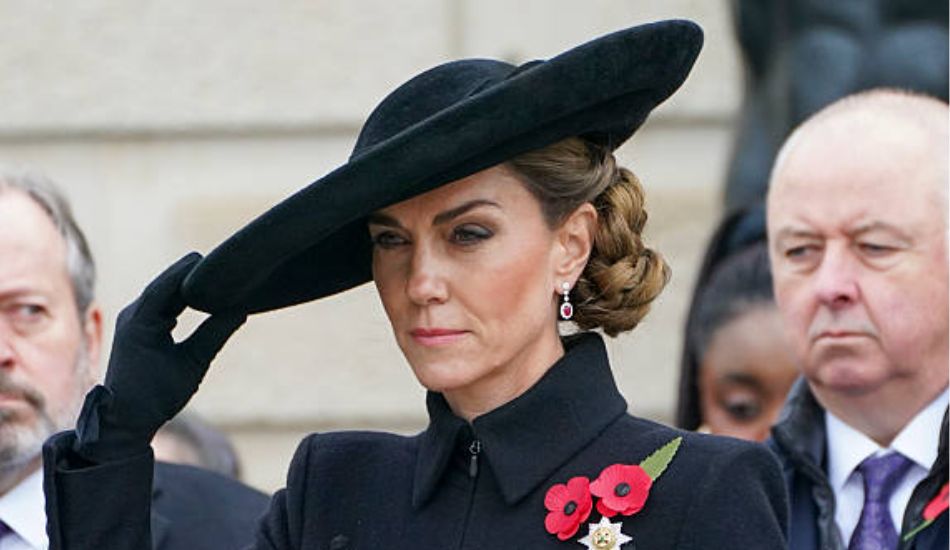Kate Royal is one of England’s most celebrated lyric sopranos, known for her pure voice, expressive phrasing, and compelling stage presence. Born in London in April 1979, she has built a distinguished career in opera, concert performance, and song recitals, earning international acclaim for both her operatic roles and her recordings.
Early Life and Musical Background
Kate Laura Royal was born into an artistic family. Her father, Steve Royal, was a singer and songwriter, while her mother, Carolyn Royal, worked as a dancer and model. This creative environment nurtured her passion for music from an early age. She attended Talbot Heath School in Bournemouth, Dorset, before pursuing formal musical training at the Guildhall School of Music & Drama and the National Opera Studio.
Her early exposure to music and rigorous training laid the foundation for her remarkable vocal technique and interpretive skills, setting the stage for a successful career in the demanding world of classical music.
Career Beginnings and Breakthroughs
Kate Royal first gained attention in 2004, the year she won the prestigious Kathleen Ferrier Award, a major UK prize for emerging singers. That same year, she also received the John Christie Award, further cementing her reputation as a rising star in the opera world.
Her breakthrough came at Glyndebourne Festival Opera, where she initially understudied Pamina in Mozart’s Die Zauberflöte. Her performance impressed critics and audiences alike, launching her on a path to international recognition. She later returned to Glyndebourne in roles including the Countess in Le nozze di Figaro and The Governess in Britten’s The Turn of the Screw.
Opera and Concert Highlights
Kate Royal’s career spans some of the world’s most prestigious opera houses and concert halls. She has performed with leading orchestras, including the Berlin Philharmonic, New York Philharmonic, London Symphony Orchestra, and the Royal Philharmonic Orchestra.
Her notable operatic roles include:
- Marschallin in Der Rosenkavalier by Richard Strauss
- Pamina in Mozart’s Die Zauberflöte
- Micaëla in Carmen
- Female Chorus in Britten’s The Rape of Lucretia
- Donna Elvira in Don Giovanni
- Countess Almaviva in Le nozze di Figaro
- Miranda in Thomas Adès’s The Tempest
In addition to opera, she is highly regarded for her recital and lieder performances, often collaborating with renowned pianists such as Graham Johnson and Roger Vignoles. Her recordings include solo albums, orchestral works, and recital discs that showcase her range and musical sensitivity.
Awards and Recognition
Over her career, Kate Royal has earned numerous accolades, including:
- Kathleen Ferrier Award (2004)
- John Christie Award (2004)
- Royal Philharmonic Society Young Artist Award (2007)
In 2020, the Guildhall School of Music & Drama awarded her a Fellowship in recognition of her achievements and contributions to classical music.
Personal Life and Family
Kate Royal was born in April 1979, making her 46 years old as of 2025. She is married to Julian Ovenden, a British actor and singer. The couple wed on December 20, 2010, and they have two children: a son, Johnny Beau, and a daughter, Audrey.
Her parents’ artistic background played an important role in shaping her career. Kate also has a sister, though her sibling remains largely out of the public eye.
Net Worth
Kate Royal’s net worth is not publicly documented. As a classical opera singer, her income primarily comes from:
- Opera performances
- Concerts and recitals
- Recording contracts
- Possible teaching or masterclasses
Her husband, Julian Ovenden, has an estimated net worth ranging from $1.39 million to $18 million, depending on the source, though these figures are not consistently verified.
Clarifying the Confusion: Kate Royal vs. Kate Middleton
Some keywords associated with this profile—such as “Royal Ascot Kate Middleton withdrawal” or “Kate Middleton royal home decision”—refer to Catherine, Princess of Wales, not Kate Royal. Kate Royal is not a member of the British royal family; “Royal” is simply her surname. She is a professional musician and has no connection to royal events, residences, or official duties.
Balancing Career and Family
Kate Royal has spoken about the challenges of combining a demanding operatic career with motherhood. She emphasizes the importance of maintaining physical and mental health, practicing technique diligently, and carefully selecting engagements to protect her voice. Her thoughtful approach allows her to balance family life with a rigorous international performance schedule.
Legacy and Artistic Impact
Kate Royal is celebrated not only for her technical proficiency but also for her interpretive intelligence. Critics praise her ability to convey emotional depth and nuance in every performance. Her recital work, particularly in art song and lieder, remains a central part of her career, helping to preserve and elevate the classical song tradition.
With a career that spans opera, recital, and recording, Kate Royal has established herself as one of the most respected lyric sopranos of her generation. Her contributions to classical music continue to inspire audiences worldwide.
Conclusion
Kate Royal’s journey from a musically inclined London household to international opera stages demonstrates a rare combination of talent, discipline, and artistry. She remains a prominent figure in classical music while successfully managing a rich personal life with her husband Julian Ovenden and their two children. While she is not royalty, her surname fittingly reflects her stature in the world of music.
This article is brought to you by digijournal.

